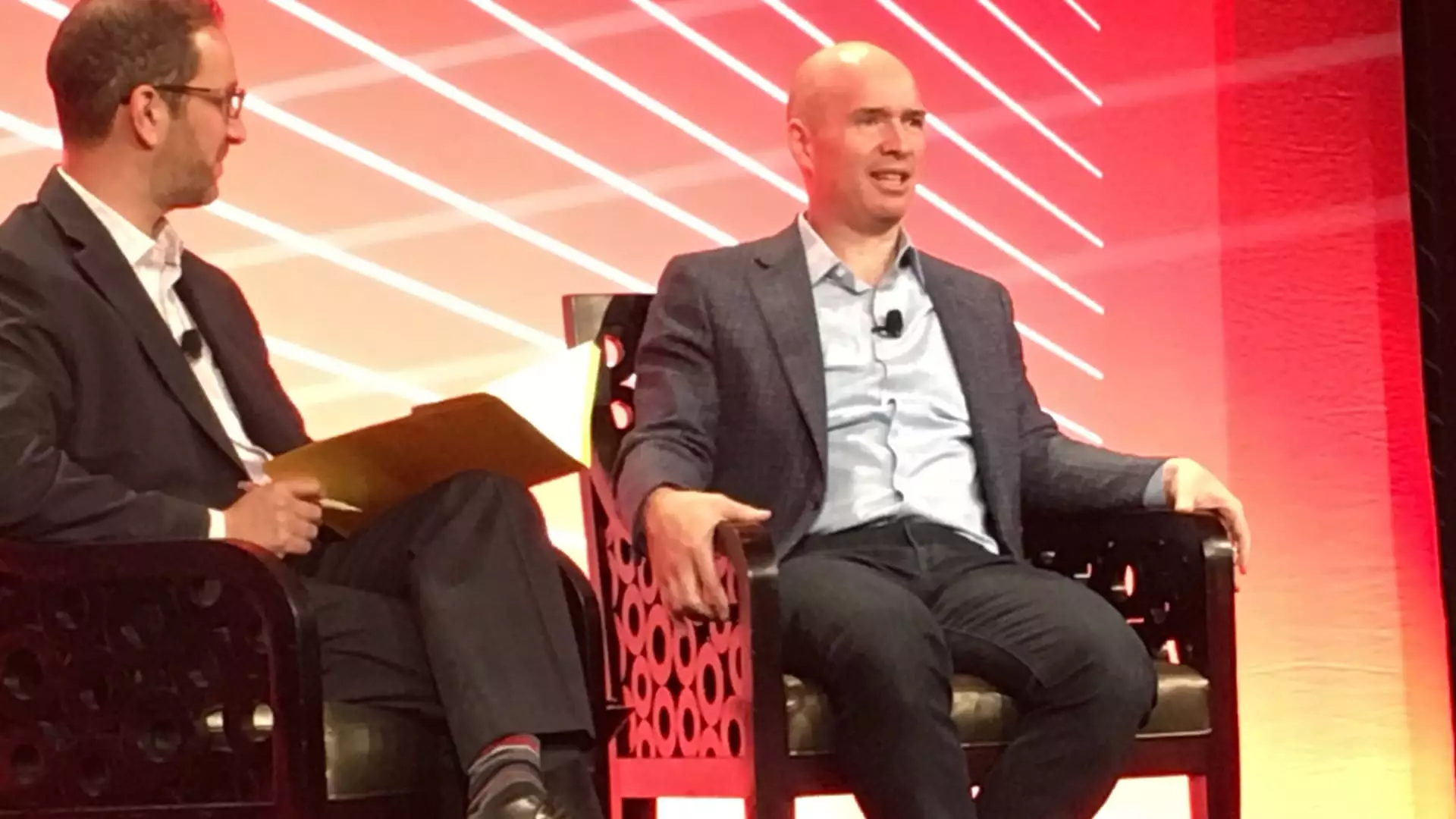In an unexpected pivot that underscores the complexity of political affiliations in Silicon Valley, Ben Horowitz, a prominent venture capitalist and co-founder of the firm Andreessen Horowitz, has announced a significant financial contribution to Vice President Kamala Harris’ re-election campaign. This decision comes mere months after he affiliated himself with political action committees supporting Donald Trump. Such oscillations in political support between high-profile candidates reveal the intertwined relationship between Silicon Valley’s financial elite and the political landscape, with implications that stretch well beyond mere endorsements.
Ben Horowitz and his firm had previously expressed their allegiance to Donald Trump’s campaign with the rationale of promoting a “little tech agenda.” This agenda was purportedly aimed at highlighting issues deemed relevant to smaller tech startups, sidelining the broader political narrative that surrounded the Trump administration. The decision encapsulated a common sentiment among some Silicon Valley investors who perceived Trump’s policies as favorable for innovation. However, this earlier support raises questions about the consistency of political values in a landscape where financial interests often dictate endorsements.
The shift in Horowitz’s political backing reflects deeper relationships and personal connections within the political community. In his letter to employees, Horowitz articulated a longstanding friendship with Kamala Harris, emphasizing the personal nature of his support. By stating that both he and his wife, Felicia, have known Harris for over a decade, he provided a rationale that goes beyond mere political strategy, indicating that personal relationships significantly influence political contributions. This pivot not only suggests a nuanced approach to political donations but also reveals how tightly bound personal and professional networks can shape public allegiances.
The trend of shifting political loyalties among tech investors like Horowitz illustrates the volatile intersection between technology and governance. With a backdrop of increasing scrutiny on how political contributions influence policy — especially regarding startup ecosystems and crypto regulations — Horowitz’s dual support raises critical concerns. The tech industry has faced backlash from various regulatory stances under the Biden administration, prompting figures like Horowitz to reconsider their alliances. This could lead to a more fragmented political landscape within Silicon Valley, where personal relationships increasingly dictate political maneuvers.
As Ben Horowitz navigates his relationships with both Kamala Harris and Donald Trump, his actions signal an era of fluid political alliances among tech leaders. This evolution highlights the significance of personal connections in shaping political landscapes, particularly in a region where technology and policymaking intersect. Future contributions will likely continue to reflect both personal ties and strategic interests, revealing the multifaceted relationship between politics and the tech industry. As the 2024 election approaches, it’s essential to observe how these dynamics unfold and what they mean for the future interplay of technology and governance in the United States.

